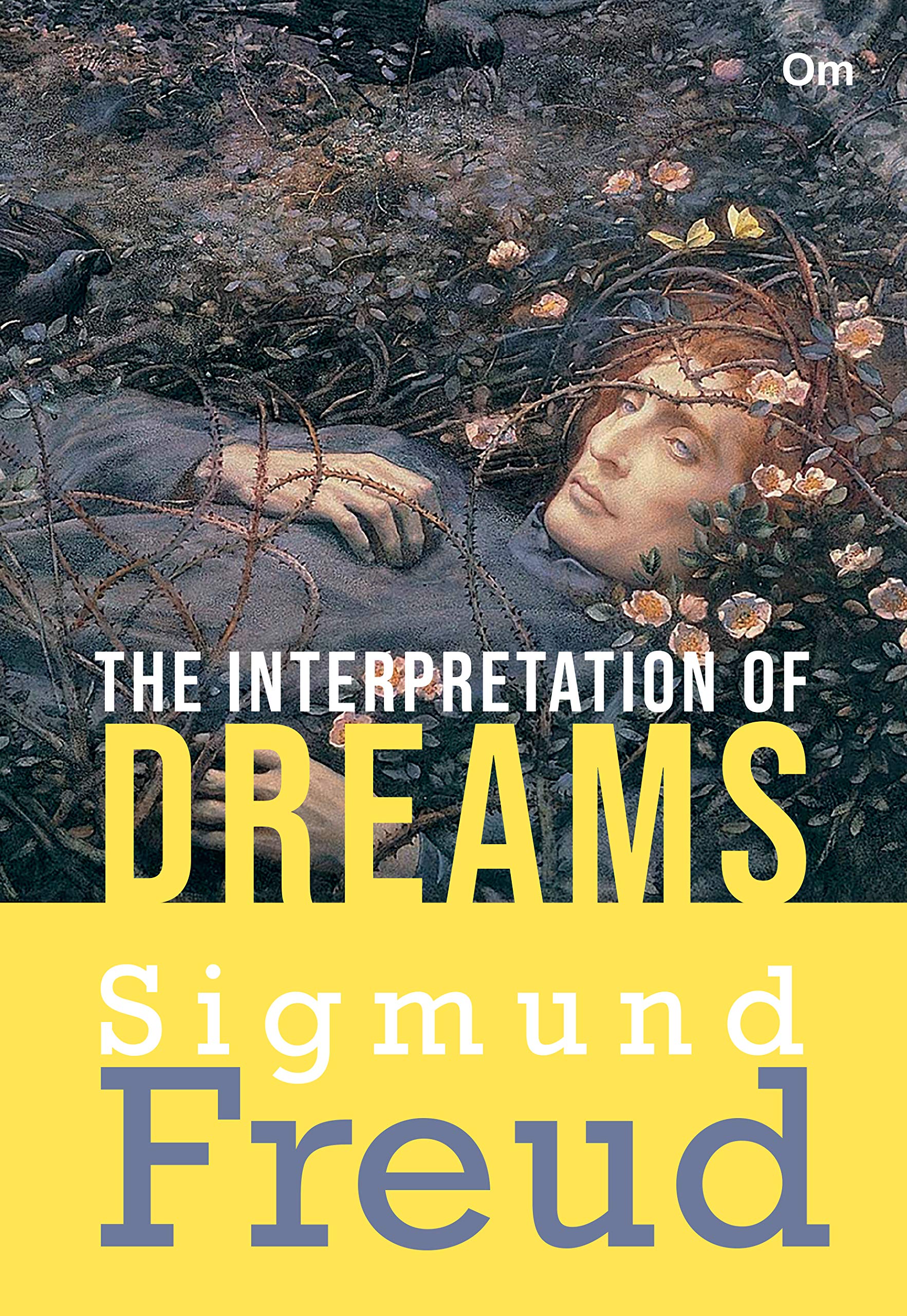Newly released
This book is new and will be uploaded as soon as it becomes available to us and if we secure the necessary publishing rights.

The Interpretation of Dreams Book PDF
(0)
Author:
Sigmund FreudNumber Of Reads:
114
Language:
English
Category:
Social sciencesSection:
Pages:
328
Quality:
excellent
Views:
1295
Quate
Review
Save
Share
Book Description
Freud's Revolutionary Theory: This ground-breaking work, which Freud considered his most valuable, forever changed the way we think. Now, in this definitive and bestselling translation by James Strachey, Freud's timeless exploration of the unconscious through the dream world is clearly and precisely rendered. Including dozens of case histories and detailed analyses of actual dreams, The Interpretation of Dreams remains an invaluable tool in helping us all discover the truth about ourselves.
Sigmund Freud
He is an Austrian doctor of Jewish origin, who specialized in studying neuroscience and a free thinker. It considered the founder of psychoanalysis. His real name was Sigismund Shlomo Freud (May 6, 1856 – September 23, 1939), an Austrian neurologist who founded the school of psychoanalysis and modern psychology. Freud is best known for his theories of the mind and the unconscious, the defense mechanism of repression and for creating the clinical practice of psychoanalysis for the treatment of mental illness through dialogue between a patient and a psychoanalyst. He is also known for his technique of redefining sexual desire and the primary motivational energy of human life, as well as for therapeutic techniques, including the use of the method of association and psychotherapy episodes, his theory of transformation in the therapeutic relationship, and the interpretation of dreams as sources of insight into subconscious desires. While many of Freud's ideas were bypassed, or modified by neoconservatives and "Freudians" at the end of the twentieth century and with the progress in the field of psychology many flaws began to appear in many of his theories, yet Freud's methods and ideas remain important in Histories of clinical and psychodynamic methods are in academia, and his ideas continue to influence some of the humanities and social sciences. Sigmund Freud was born on May 6, 1856, into a Jewish family in Pribor, in the then Moravian region of the Austrian Empire, which is now part of the Czech Republic. His father Jacob gave birth to him when he was 41, a wool merchant, and had two children from a previous marriage. . His mother, Amali (born Nathanson) was the third wife of his father Jacob. Freud was the first of eight siblings, and due to his early intelligence, his parents preferred him to the rest of his brothers in the early stages of his childhood and sacrificed everything to give him a sound education despite the poverty that the family suffered from due to the economic crisis at the time. In 1857, Freud's father lost his business, and the family moved to Leipzig before settling in Vienna. In 1865 Sigmund entered a prominent school - the Communal Real Gymnasium in the predominantly Jewish district of Leopolstadter - at the time. Freud was an outstanding student and graduated at Matura in 1873 with honors. Freud had planned to study law, but instead joined the Medical Faculty of the University of Vienna to study under Darwinian Professor Karl Claus. At the time, the life of the eel was still unknown, which led Freud to spend four weeks at an Austrian animal research center in Trieste dissecting hundreds of sea eels in an unsuccessful search for their male sexual organs.
Book Currently Unavailable
This book is currently unavailable for publication. We obtained it under a Creative Commons license, but the author or publisher has not granted permission to publish it.
Rate Now
5 Stars
4 Stars
3 Stars
2 Stars
1 Stars
The Interpretation of Dreams Quotes
Top Rated
Latest
Quate
Be the first to leave a quote and earn 10 points
instead of 3
Comments
Be the first to leave a comment and earn 5 points
instead of 3